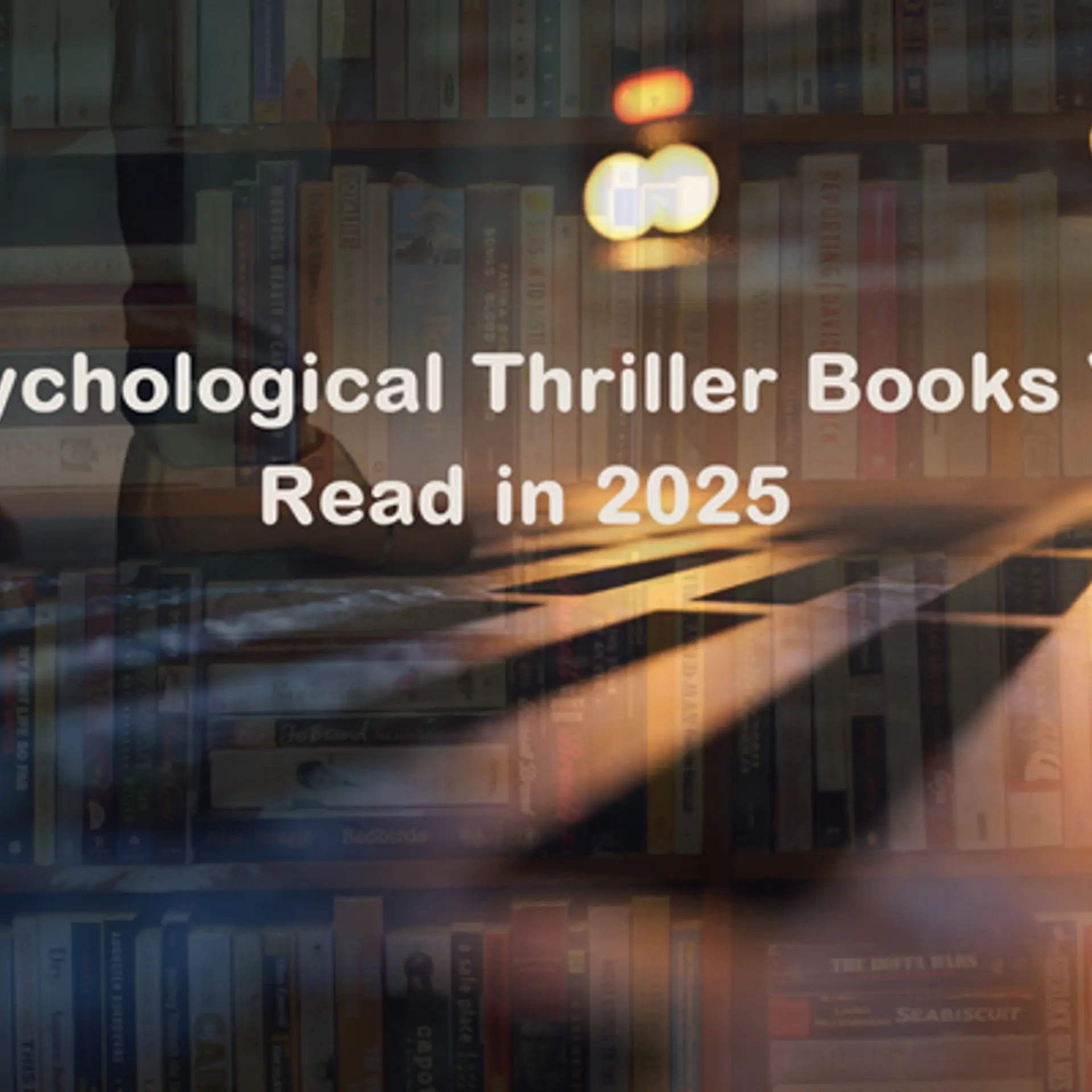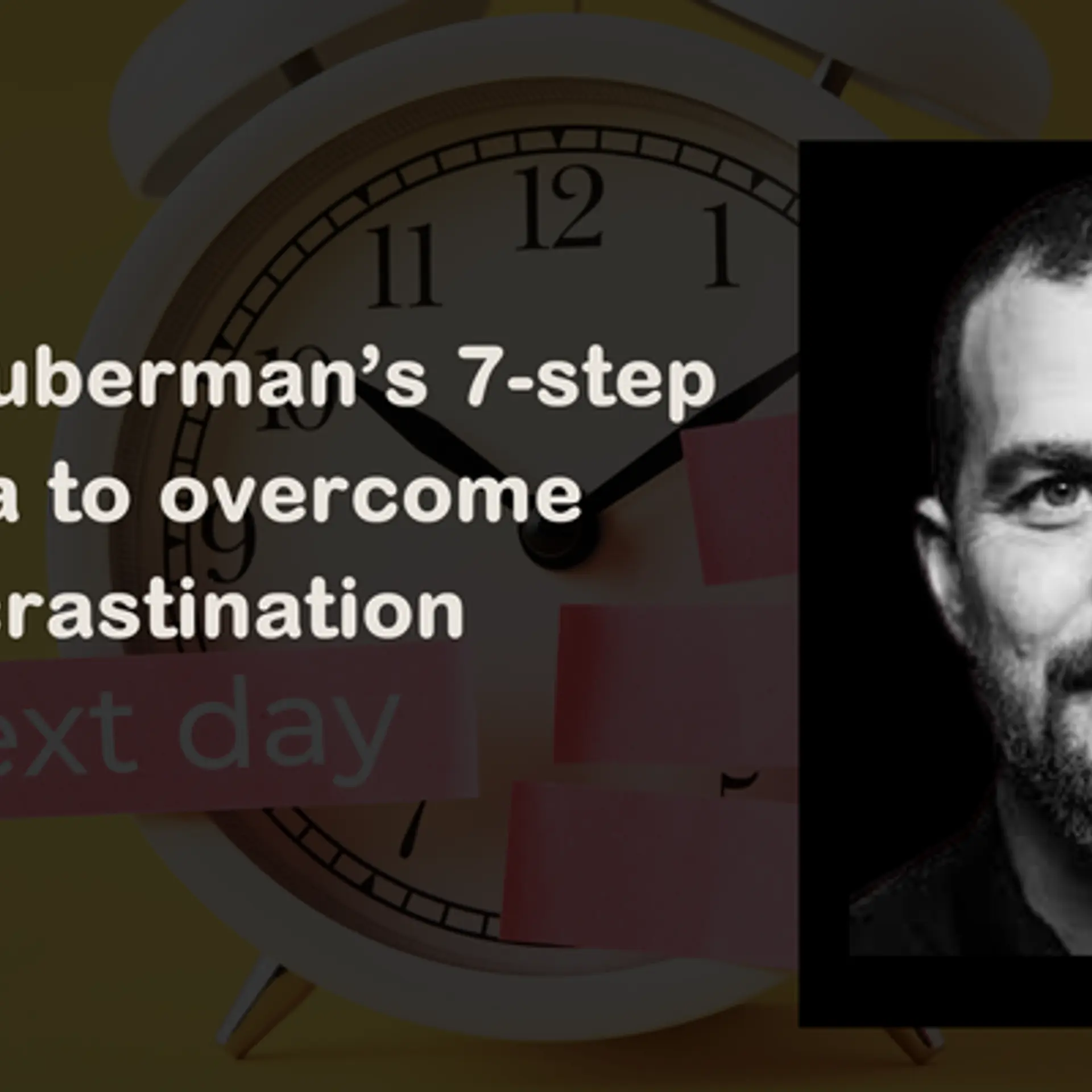A Passion Called Cricket: George Abraham
The quote goes, “Most games are skin-deep, but cricket goes to the bone.” George Abraham had a similar epiphany while visiting the National Institute for the Visually Handicapped in Dehradun. While staying at their guest house he saw the raw passion the students displayed for cricket: “The kids woke up in the morning and played cricket. Went for breakfast, came back and played cricket. Went for classes, came back and played cricket. Had lunch, came back and played cricket. Only bad light made them stop playing. And that too because the umpire could see no more.”
An infection that he contracted at the age of ten months damaged Abraham’s optic nerve and retina, rendering him visually impaired. The only reason his life is different from the millions of other disadvantaged blind people in the country is because his parents made a conscious decision to send him to regular school instead of a special one for blind children. Abraham says that those children are disadvantaged not because they are disabled, but because people refuse to see them any other way. Such pity does more harm than good. To prove his point, he gave up a plush career in advertising and founded the World Blind Cricket Council. And that was just the beginning. But he seemed quite disinterested in accepting compliments for his enormous achievements and extraordinarily lead life, insisting that anything he did stemmed from the three things he idolized while growing up (‘just like any other Indian’)- Cricket, music and entertainment.
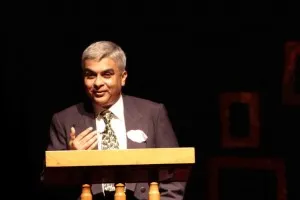
You once that when you grew up, you wanted to be ‘A fast bowler like Dennis Lillee, a singer like Kishore Kumar and a performer like Amitabh Bachhan.’
When I was a little kid I was interested in cricket, music and film. Growing up my hero was Dennis Lillee, the Australian fast bowler. These dreams had to do with my childhood passions- cricket, music and entertainment.
How was the experience of attending regular school while growing up?
Children don't know much about things like isolation, segregation, discrimination or harassment. To begin with, they did make fun of me. But that was right at the beginning. As time went on, they accepted me as one of my own. Eventually they would help me with my homework and let me be a part of their games. I was very lucky in the kind of supportive and cooperative friends I managed to make at school.
Of course all this didn't happen right away. It took quite a few weeks. But once they realized that this chap may have bad eyesight but he's as good as us, I fit right in.
You first travelled alone when you were sixteen.
Yes, I was travelling from Cochin to Delhi. At the station my mother went and a told a couple of nuns, who were on the same train, that her son was travelling alone to Delhi and that they should keep an eye on me. This upset me. My father noticed this. So he went and told those nuns that if you need any help, you ask my son. My pride restored, I reached Delhi in one piece. No one needed my help and I needed help from no one. The bottom line here is that travelling alone and doing things on my own gave me confidence. Once you have confidence, it doesn't matter if you can see or not. You are going to be fine.
How did you end up as an account executive at Ogilvy?
I started working in advertising and sales promotion in 1982 with ASP. That year my company transferred me to Mumbai. While there, at a media party, I met up with people from Ogilvy. They casually asked me if I was looking for a change. I sent them an application the next day. I was invited in for an interview. After going through the various levels of interview I met up with the top boss, Mr S.R. Ayer. I was quite tense and nervous for that interview because I was not really sure if my eyesight was going to be a problem. But the first question he asked me was, "I believe you have come from Delhi to Mumbai? What have you gained by coming here?" I said, "Well I have been in Mumbai for ten months and what I have gained in ten kilos."
Everyone started laughing then and the ice was broken. After talking about various things they asked me what I considered was my biggest achievement. I said, "Being blind is not easy. The very fact that I am sitting here with you, the biggest names in Indian advertising, talking about the possibility of a job is probably the best moment of my life." At the end of the interview he asked me from when I could join.
I stayed with them for three years and rose to become an account supervisor at the firm. But then I left because I had gotten married and had to move to Delhi. I resumed working with my old company ASP for a while, but then I quit to start my work with the blind.
What makes cricket such an effective medium in helping people feel empowered?
Sport is something which addresses a person's passion. When you are passionate about something, you are ready to rub shoulders with anyone else who feels the same way about it. You forget about the fact whether the other person is rich or poor, man or woman or even blind. It’s not only about sport. It can be anything where there is such immense passion involved, anything that tears down social divides. Take Bollywood for instance. Both cricket and Bollywood are great devices for building relationships. When Atal Bihari Vajpayee had visited Pakistan, he had taken with him actors and former cricketers. Any activity that evokes passion will break down barriers. In India, cricket evokes the ultimate passion.
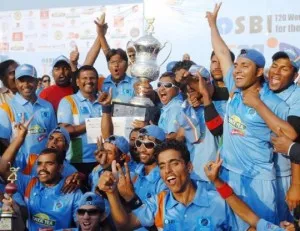
How did you get started with cricket for the blind?
When I started thinking of doing something with blind cricket, I first approached Sunil Gavaskar and Kapil Dev to see if they would like to help. Both of them, on the face of it, said they didn't have the time to get associated. But they said they would be happy to lend their names to the cause. That was a great help because their names had great credibility. In the early days, when I had started work in this arena had no background or no real credentials. Having them as patrons was very useful.
Then we started having our tournaments and matches. In 1993 I got the Sanskriti Award. That opened up a lot of opportunities for me, especially in the media. Finally my name had some weight. Now when I would talk about my dreams of having a World Cup for the Blind, people would actually listen. When the media started writing about me, there were other people who came forward to help.
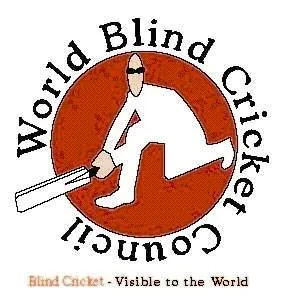
When you are doing something of this kind, like cricket for the blind, while everybody thinks it’s a great activity it’s neither conventional cricket nor is it something which is seen as outright beneficial for the blind. If I was starting a school for the blind or something like that, then the world would have been full of praises. I would have been flooded with funds and resources. As people saw it, this was neither here nor there. So getting resources to promote cricket for the blind was extremely challenging.But ultimately you did manage to form the World Blind Cricket Council.
Yes, in 1996 we formed the World Blind Cricket Council. It was the first meeting of its kind in the world where people involved with blind cricket, from seven leading countries of the world, came together. We took three decisions on that day. One was the decision of forming the World Blind Cricket Council. Two was to standardize the rules of cricket and the game equipment. The rules were different for each country and even the ball used to play the game was different. It was two days of arguments and dialogues before all the countries could reach an agreement, but ultimately the rules were standardized.
Thirdly we decided that India would host the first Cricket World Cup for the Blind in 1998.
How did things go from there?
We then went on to start building the Indian team for the world cup. We also went on organizing resources and facilities that would help in this venture. The games were played in Delhi. South Africa defeated Pakistan in the finals. We achieved what we set out to achieve, but it was an extremely difficult journey.
I read that one of the key sponsors pulled out at the last minute.
Yes, it was the government of India who pulled out at the last minute.
The Government of India pulled out of the World Cup that India was hosting?
Yes. They had committed to around fifty lakh rupees and they pulled it out. So in the last minute a lot of small organizations and companies put together small amounts to bail us out. We got ITDC to give us support in kind. Accommodation was one of our biggest budgetary concerns. They gave us rooms at one of their hotels at very cheap rates.
Why did the Indian Government pull out when the seven other countries were participating?
As far as the government was concerned, this was not a very significant activity. They did not realize what the value of this event was or how much it meant to people all around the world. Anything to do with disability is not seen as an area of priority. Even if they were inclined to help, there question was why should blind people be playing sports. That is what they said to me at the time of pulling out. The administrator said that if I had been starting a school for the blind or something like that, they would have given me the money. But they would not give it to me for a cricket tournament, even if it was the World Cup.
One of the biggest supporters of blind cricket at the time was Mr Madhav Rao Scindia, the politician and Maharaja of Gwalior. He helped us a lot and finally managed to secure us about twenty lakhs from the government. All that is history now, but it was a big event then. People had a good time. The World Blind Cricket Council also thrived. The second world cup was held in 2002 where Pakistan defeated South Africa at the finals and won the Cup.
What was next on your journey?
In 1999 I decided that it was time I added some other things to my work. Over the years I realized that what had kept me in good stead was my ability to communicate. Most blind people were missing out on life because of poor personality and communications skills. I conducted workshops all over the country, interacting with young blind boys and girls on skills and communications. And while I think it was empowering for them, it was revealing for me. The real problem that faces blind people in India is not their blindness. It is the way other people think and treat them. People think with pity because that is the knowledge they have. But blind people do not need your pity. They need opportunity. That is why I started Eyeway.
Eyeway is a knowledge resource aiming to inspire and inform people about living with blindness. We have also recently produced a television serial called Nazar Ya Nazariya. Renowned actor Naseeruddin Shah introduced and signed off on each of the thirteen episodes of the series.
You also launched Magiktouch to groom and promote visually impaired singers?
As I said earlier, I have a passion for music. When we had taken the Indian blind cricket team to Pakistan in 2003 or so, there was a blind girl who had gone with us and she sang at a concert there. When we were coming back from Islamabad to Lahore by bus, a friend of mine Navroze Dhondy and I got to talking about this. Traditionally when a person becomes blind, the natural tendency is to tell them that why don't you learn music. So many blind people in this country want to learn music. We thought if so many blind people are learning music, where are they? We don't see any of them in mainstream media. That's why we set up Magiktouch to search for these blind musicians and promote them. We had auditions and concerts all over the country. It did very well for a while, but we haven't managed to devote much to it in the past few years. For now, it is dormant.
But music is a great equalizing platform. Visually impaired or not, people can compete on the same level on the basis of their merit.
You are right here, but today the music industry is not just about voice anymore. It is how you market and package yourself. That is where the difference happens. Blind people, given the fact that they grew up in protected environments of the blind schools, are not necessarily skilled when it comes to social finesse. Even in these reality shows when you have blind people and all that, a lot of votes they receive is out of sympathy rather than genuine appreciation of their talents.
On a final note, in a life so full of achievements, what is the single biggest obstacle you encountered?
Sympathy. A blind person can overcome all kinds of physical challenges and go on to lead a full life. The biggest impediment is the sympathy, albeit well meaning, that comes from other people. It’s a mind-set that insists on protecting rather than understanding. It is not your protection we need but your friendship.




